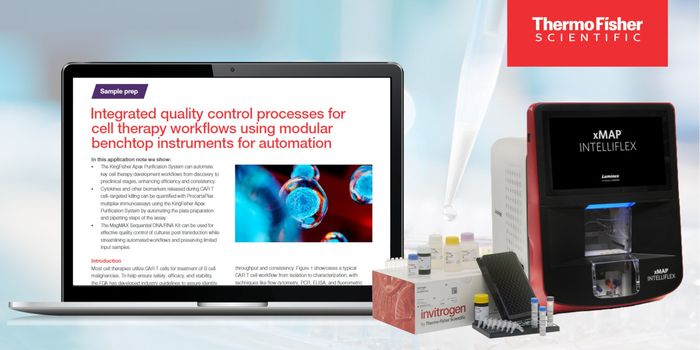People suffering from head and neck cancer can be treated through surgery, chemotherapy, and radiation, but a typical prognosis following treatment still isn’t very bright. Even when patients successfully receive these treatments, they only have a 50-50 chance of living more than five years.

In search of a more effective and long-lasting treatment, scientists are jumping on the cancer immunotherapy bandwagon. This technique of boosting the immune system has worked for other types of cancer, and now researchers from the Medical University of South Carolina and the Ralph H. Johnson VA Medical Center are seeking the same result for head and neck squamous cell carcinoma (HNSCC) patients. Although, senior author M. Rita Young, PhD, said that head and neck cancers are “notorious” for evading the immune system’s efforts to naturally eliminate tumor cells.
Young’s research prior to the present study showed that the composition of immune cells within premalignant lesions differs from that within progressed versions of HNSCC. During the transition from premalignant to malignant, Young found, the immune environment changed from inflammatory to immunosuppressive, preventing the immune cells from having any deleterious effect on the cancer cells. Young thought that a lipid mediator called prostaglandin might play a key role in the transitioning immune environments, and that idea led to her reaching the findings presented in her latest study.
Researchers used a mouse model of HNSCC to observe the impact on tumor progression while inhibiting prostaglandin. Treating premalignant lesions with a non-steroidal anti-inflammatory drug (NSAID), indomethacin, successfully inhibited prostaglandin. Then, the researchers saw a massive increase in immune cell presence, stimulation of the entire immune system, and a reduction in tumor burden on the body.
"If we can be more persistent and focused on finding premalignant lesions before they become malignant, simple therapies might be beneficial," explained postdoctoral fellow and co-author, Sara Johnson, PhD.
Specifically, inhibiting prostaglandin production with indomethacin led to an increase in Th1-associated cytokines - IL-2 and IFN-y - and Th2-associated cytokines, like IL-10. Cytokines like interleukins (ILs) and interferon (IFN) are chemical messengers used by the immune system to communicate under certain states of disease. In a given situation, the presence of certain cytokines indicate to scientists what response the immune system is attempting to produce.
Turning these findings into realistic action to prevent premalignant lesions from developing into cancer is Young’s next mission. First, she’ll have to confirm that inhibiting prostaglandin in humans yields the same results as in the mouse models of HNSCC. Then she’ll have to find the best candidate drug for inhibiting prostaglandin and boosting the immune system.
Young said, "Immunotherapy should be considered as a treatment strategy for premalignant lesions before they progress to cancer. We can detect them. Why not treat them?"
Young’s study was recently published in the journal
Frontiers in Immunology.
Source:
Medical University of South Carolina
Prostaglandin image: National Center for Biotechnology Information. PubChem Compound Database; CID=5280360










